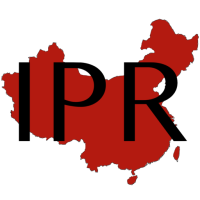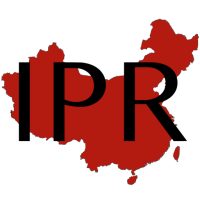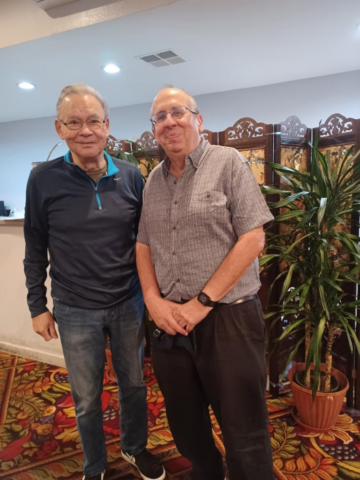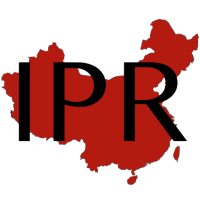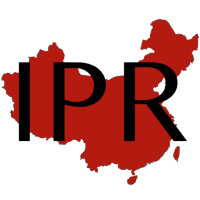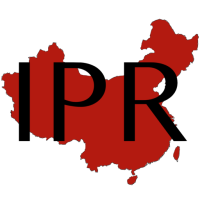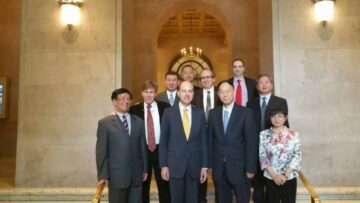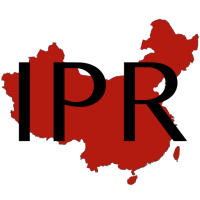
My article “Parallel Play: The Simultaneous Professional Responsibility Campaigns Against Unethical IP Practitioners by the United States and China” was recently published in the Akron Law Review (Vo. 56, Issue 2).
The article describes efforts by the USPTO and the China National IP Administration to discipline trademark and patent practitioners through contemporaneous campaign-style approaches directed to bad faith filings. At the USPTO, many of these bad-faith filings have originated from China. In both countries, these bad faith activities have imposed significant burdens on IP agencies, the courts, and legitimate rights holders. The campaigns are likely the largest professional responsibility campaign undertaken by any IP government agency and the largest cross-border IP disciplinary campaign undertaken by a US bar. The US and Chinese campaigns have involved hundreds of IP lawyers and agencies, tens of thousands of IP rights, multiple fines and suspensions from practice, and extensive legislative changes. Law professors who teach IP-related legal ethics to foreign students and practitioners may especially wish to note how USPTO’s disciplinary actions have affected foreign lawyers whether or not they have been admitted to the US bar.
The article contributes to the relatively limited literature on comparative legal ethics and legal discipline involving China. The article also contributes to scholarship on IP-related campaigns, the differing approaches of disciplinary authorities in the United States and China, and the continuing importance of cross-border cooperation in addressing common challenges. The article suggests numerous potential areas of reform, including such areas as increased ethics education of dual-admitted (United States/Foreign) IP lawyers in the United States, reform to USPTO practices in handling conflict of law issues in attorney discipline, greater transparency of Chinese attorney regulatory authorities, and an enhanced role for civil remedies.
I also describe how the United States and China have quietly observed and learned from each other at a time of diminished government-to-government cooperation and how they could benefit from such “parallel play” by more directly and openly interacting in areas of common concern.
I presented this paper at a number of recent conferences including the recent Berkeley-Tsinghua program on transnational IP litigation.
I welcome your comments and observations!
- SEO Powered Content & PR Distribution. Get Amplified Today.
- PlatoData.Network Vertical Generative Ai. Empower Yourself. Access Here.
- PlatoAiStream. Web3 Intelligence. Knowledge Amplified. Access Here.
- PlatoESG. Automotive / EVs, Carbon, CleanTech, Energy, Environment, Solar, Waste Management. Access Here.
- BlockOffsets. Modernizing Environmental Offset Ownership. Access Here.
- Source: https://chinaipr.com/2023/07/05/parallel-play-how-the-united-states-and-china-are-addressing-unethical-practices-of-ip-practitioners-filing-at-the-uspto/
- :not
- 22
- 49
- a
- actions
- activities
- addressing
- administration
- admitted
- against
- agencies
- agency
- also
- an
- and
- any
- approaches
- ARE
- areas
- article
- AS
- At
- attorney
- Authorities
- Bad
- bar
- been
- benefit
- both
- by
- Campaign
- Campaigns
- CGI
- challenges
- Changes
- China
- chinese
- comments
- Common
- Concern
- conferences
- conflict
- continuing
- contributes
- cooperation
- could
- countries
- Courts
- cross-border
- describe
- differing
- directed
- directly
- disciplinary
- each
- Education
- efforts
- enhanced
- entry
- especially
- ethics
- extensive
- faith
- Files
- Filing
- filings
- fines
- For
- foreign
- from
- Government
- greater
- Handling
- Have
- holders
- How
- HTTPS
- Hundreds
- importance
- imposed
- in
- Including
- increased
- interacting
- involved
- involving
- IP
- issue
- issues
- largest
- Law
- Lawyers
- learned
- Legal
- Legislative
- legitimate
- likely
- Limited
- literature
- Litigation
- many
- May..
- more
- multiple
- National
- note
- number
- numerous
- observed
- of
- on
- openly
- or
- originated
- Other
- Paper
- Parallel
- patent
- plato
- Plato Data Intelligence
- PlatoData
- Play
- potential
- practice
- practices
- presented
- professional
- Program
- published
- quietly
- recent
- recently
- reform
- regulatory
- relatively
- responsibility
- rights
- Role
- significant
- simultaneous
- States
- Students
- such
- Suggests
- Suspensions
- tens
- The
- These
- they
- this
- thousands
- Through
- time
- to
- trademark
- transnational
- Transparency
- United
- United States
- us
- USPTO
- was
- welcome
- whether
- WHO
- WordPress
- Your
- zephyrnet

